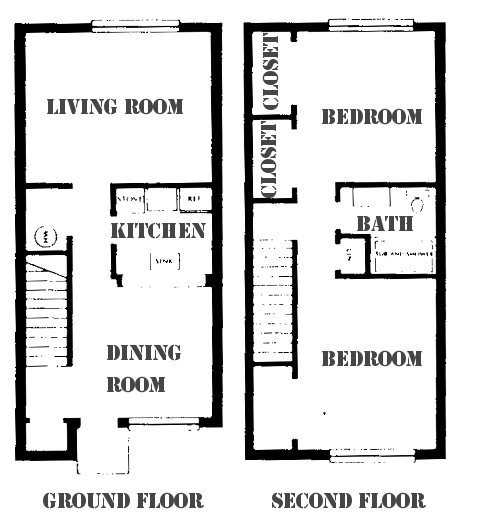Expanding Analysis of Massachusetts Landlord Tenant Laws
| . Posted in laws, News - 0 Comments
At MassLandlords.net/laws, we are working to expand our analysis of current landlord-tenant laws. In particular, we are writing from the landlord's point of view. Much of what is visible on Google search is from a tenant's point of view.
Currently there are pages devoted to housing court, discrimination and testing, the state sanitary code, lead paint, and move-and-store. Even if you google search to find help, remember that we are also collecting the most useful advice and analysis at MassLandlords.net/laws.
Don't Charge a Late Fee Before 30 Days
In Massachusetts, it is illegal for a landlord to charge a late fee for any payment less than 30 days overdue (MGL Ch. 186 Section 15(B)1(c)). It doesn't matter if the tenant agrees to a quicker fee in the rental agreement. The law says that such late fees are illegal. You might convince a tenant to pay, but you will not convince a housing court judge, however nicely the agreement is worded.
Public housing authorities are not exempt. They charge a $25 late fee only after 30 days.
According to Lucas Hall at Landlordology, "MA has the most lenient grace period of any state in the US." He added, "Personally, I think 30 days is crazy."
The next nearest state is Maine, which has a 15 day minimum grace period. Only three states in the country impose grace periods longer than 5 days.
Be careful: offering a prompt-pay discount is equivalent to a late fee. If you offer a prompt pay discount, you must give the discount to every tenant who pays within the first 30 days.
Our default rental agreements do not provide a provision for late fees at all. This is because a tenant who is 30 days late should already have been served a notice to quit. Using this process, you won't have late rent more than once.




